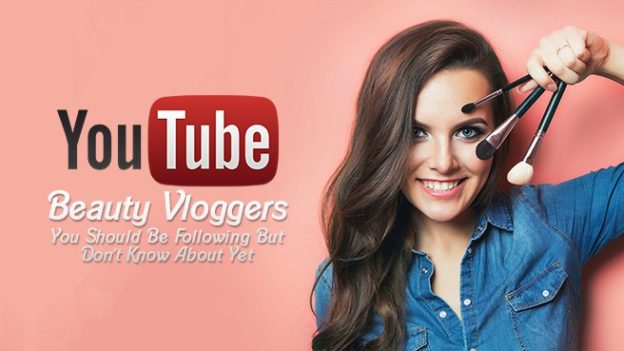The citation I added to Wikipedia required finding the source of a quote from Margaret Thatcher’s 1995 memoirs on her opinion of Clement Attlee. Figuring out the title of Thatcher’s 1995 memoir was not difficult, but it took a bit more time to find the page number on which the quote appeared. I used the “visual editor” interface to add the citation because I was not sure how to go about coding it into the page. I was glad that Wikipedia developed this visual editor because I feel it allows people who are not as familiar with computers and webpages to contribute to the site.
I initially looked at the Wikipedia bibliography on pages needing attention to find a page to contribute to, but found that I wasn’t familiar enough with, or at least didn’t feel confident enough in my knowledge of any of that subject matter. I decided instead to contribute to a page on a much less academic topic I am quite familiar with: Beauty YouTubers. After looking up this page and quickly scanning through it, I was shocked by how poorly written, out of date, and unstructured it was. I updated subscriber numbers that were from 2014 to reflect current statistics, and rephrased and edited much of the current content on the page.
I used to think Wikipedia pages were first crafted by experts, and that pages were then opened to the public for editing, and that these changes were closely monitored and tracked. The fact that this page exists in its current condition helped me better conceptualize the pros and cons of crowdsourcing. Wikipedia’s open access features and crowdsourcing enhance the site’s comprehensiveness in terms of the sheer number of pages and topics it covers. However, the encyclopedia’s scale and scope make it difficult to monitor every page and ensure that pages are consistent in quality.
Nonetheless, I was impressed that a page on Beauty YouTubers, or people who make a living posting YouTube videos talking about cosmetics, even existed. I feel that such a page wouldn’t exist if the general public and viewers of these videos did not have the freedom to edit the site. My most interesting finding of this practicum then is that Wikipedia’s crowdsourcing allows for the documentation of cultural phenomenon across a wide range of interests. The Oxford English Dictionary just added the word “YouTuber” in December 2016, but Wikipedia’s crowdsourcing helped put it ahead of the game.

One response to “Editing Wikipedia’s Pages on YouTube”
Fiona, I think you hit the nail on the head that despite problems of inconsistency, fact checking, and I would add diversity of contributors that a public, crowdsourced encyclopedia invites, it does create an opening for documenting and defining niche social vocabularies that might not have a place elsewhere. Additionally, as these vocabularies or usages change over time, their talk pages can be a forum to discuss entry renovations. (I had no idea what a Beauty YouTuber was before reading your blog – thank you.)